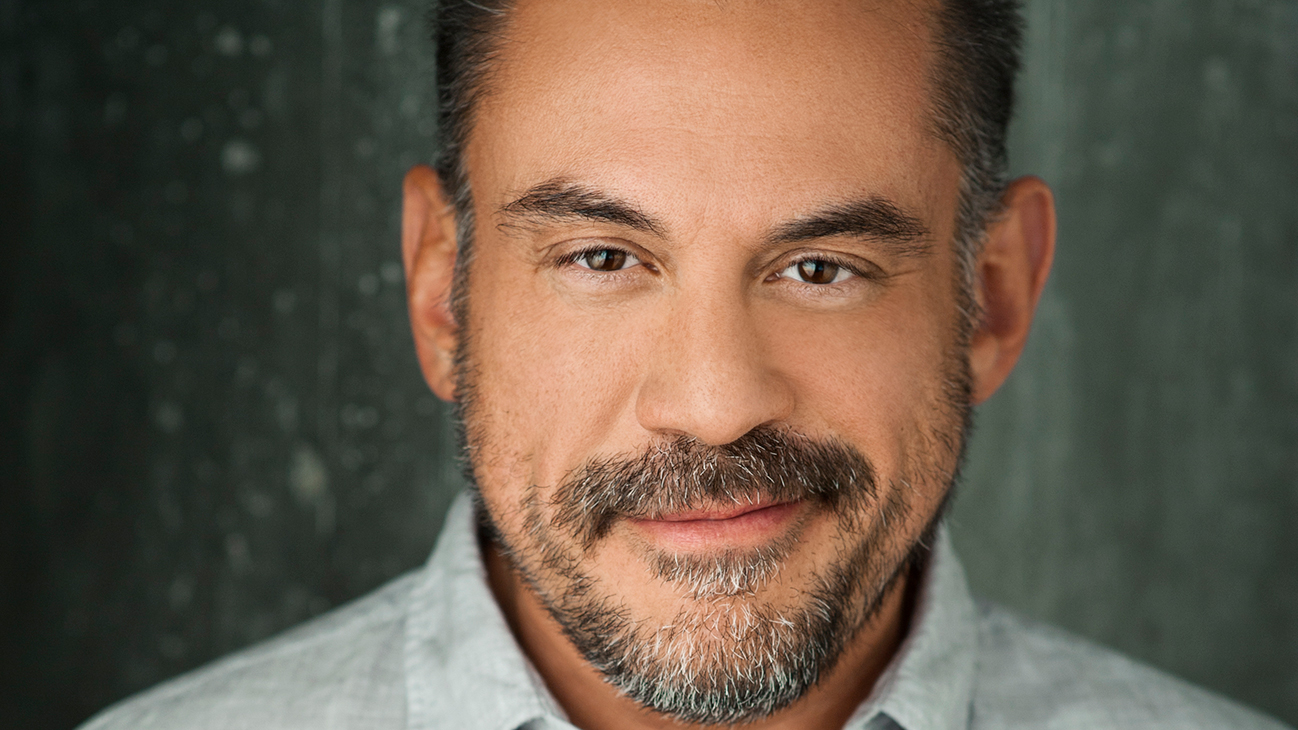Leonard Brody is an award- winning entrepreneur, venture capitalist, bestselling author and a two-time Emmy nominated media visionary. He has helped in raising millions of dollars for startup companies, been through one of the largest internet IPOs in history, and has been involved in the building, financing and/or sale of five companies to date. In his compelling, customized talks — for clients ranging from the United Nations to Visa and Pepsi — Leonard addresses the rapid pace of change, innovation, and disruption facing us all, and what to do about it.
A recent article in Stuff chats with Brody about The Great Rewrite a collaboration with Forbes that’s also coming out as a book next year. Here are some highlights:
Brody’s pedigree is strong. Not only has be built large companies (including United States citizen journalism site NowPublic), but he is the person behind some of the world’s biggest brands, wealthiest families and royalty turn to to build and think about innovation.
His list of clients include Facebook, Pepsi and Warner Brothers. Brody works with these companies internally to build systems and structures rather than helicoptering in as a consultant.
The rewrite, he says, is about systemic change in that whatever someone or something does in their industry has ripple effects wider than were often unintended.
And innovation really just means doing things better.
The rewrite is not a survival guide for the next 10 years, it is a framework for how to tackle it, Brody says.
How do you take people along with you on the rewrite – internally and externally – along with you at the fast pace of change?
“Organisations need to change at the bottom and the top.
“Part of being dragged along is being able to compensate people success or failure. Companies haven’t yet figured out how to compensate people on failure and that’s a critical component of being able to advance.
“You have to create a new committee – and smart companies are starting to do this now – which is the futures committee or some equivalent.
“Their job is to hold the board and officers accountable for a direct vision of what this company looks like in a decade. It’s almost like you’re creating your own intelligence division – an organisation whose job it is is to know what they don’t know.
“There is also the bottom up. If you keep hiring the same kinds of people, you’ll get the same kinds of result.
“And I think you have to start putting a quota in place.”
What does entrepreneur mean to you and how do you know if someone is one?
“I think entrepreneurship has crossed into this genre where it’s like superhero status. Where it’s kind of the thing that you aspire to be whereas 30 years ago you aspire to be a CEO ceo or a songwriter.
“But i’m not a big believer that you can train someone to be an entrepreneur. I think that you can train someone to work with entrepreneurs, that you can train entrepreneurs to become better managers.
“I believe there are two kinds of people in the world. There are entrepreneurs and there are workers. And the world needs both.”
Read the full article here.

